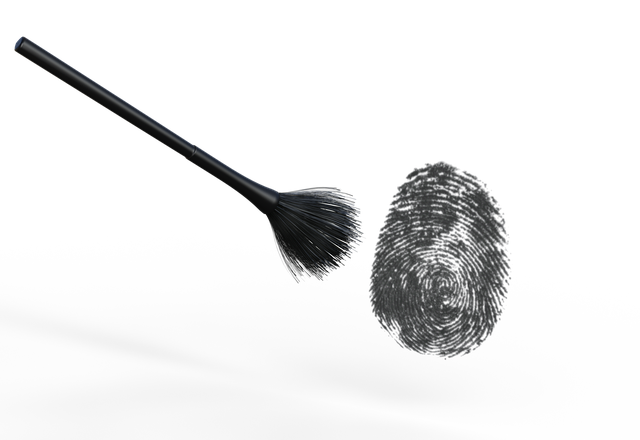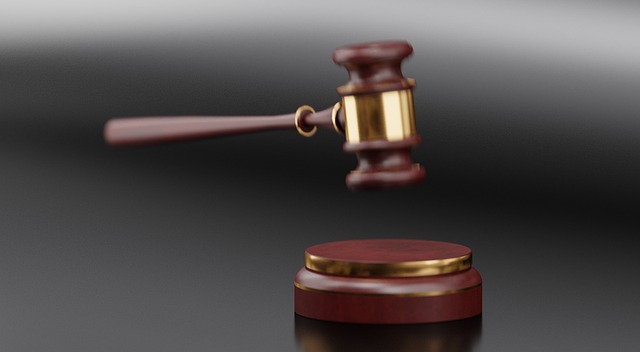Consumer protection suits are vital in combating unethical business practices, such as prosecutorial misconduct and ethical violations, aiming to protect consumers from deceptive marketing, defective products, and data privacy breaches. These misconducts can compromise legal fairness, undermine trust in the justice system, and severely affect defendants' defenses. Courts must deter such actions through stringent measures to ensure integrity and justice for all parties, especially critical in complex white-collar cases.
Consumer protection suits are vital tools for safeguarding individuals from unfair business practices. This article delves into the intricate world of these legal battles, beginning with a foundational understanding. We explore key issues like prosecutorial misconduct, its detrimental effects on fair trials, and ethical violations prevalent in consumer cases. By identifying red flags and discussing consequences, we aim to equip consumers and legal professionals alike, fostering integrity within the system and ensuring justice for all.
- Understanding Consumer Protection Suits: The Basics
- Prosecutorial Misconduct and Its Impact on Legal Proceedings
- Ethical Violations in Consumer Cases: Red Flags and Consequences
Understanding Consumer Protection Suits: The Basics

Consumer Protection Suits serve as a critical mechanism to safeguard the rights of consumers against unfair, deceptive, or harmful business practices. These legal actions are brought forth by regulatory bodies, government agencies, or private individuals on behalf of a larger group of affected consumers. The primary goal is to ensure that businesses operate ethically and responsibly in their dealings with customers.
At the heart of these suits often lie allegations of prosecutorial misconduct and ethical violations. This includes instances where companies engage in deceptive marketing strategies, sell defective products, or violate data privacy rights. By holding businesses accountable for such actions, consumer protection laws aim to foster trust between respective business, corporate, and individual clients, as well as strengthen the philanthropic and political communities.
Prosecutorial Misconduct and Its Impact on Legal Proceedings

In consumer protection suits, Prosecutorial Misconduct and Ethical Violations can significantly skew legal proceedings, undermining the integrity of the justice system. When prosecutors engage in misconduct, such as withholding crucial evidence or making false statements, it not only benefits the accused but also casts doubt on the validity of any subsequent verdicts. This can prove particularly harmful for consumers seeking redress, as their cases may be weakened or even dismissed due to these unethical practices.
Such misconduct can result in a variety of challenges for defendants, including difficulty mounting a winning challenging defense and achieving extraordinary results. It’s crucial that courts take notice of these unethical behaviors, implementing stringent measures to deter future instances of prosecutorial misconduct. This ensures that legal proceedings remain fair and just, benefiting both the respective business entities and consumers alike in their pursuit of justice.
Ethical Violations in Consumer Cases: Red Flags and Consequences

In consumer protection suits, ethical violations represent a significant concern that can have profound implications for all parties involved. Red flags indicative of prosecutorial misconduct and unethical behavior include excessive demands for damages, baseless allegations, and attempts to mislead or manipulate evidence. These actions not only hinder the pursuit of justice but also erode public trust in the legal system.
Consequences of such violations can be severe. They may lead to sanctions against the offending party, including monetary penalties and disbarment. Moreover, a history of unethical conduct in consumer cases can negatively impact a defendant’s ability to secure a fair trial, especially when dealing with complex white collar and economic crimes. This is particularly true for those seeking winning challenging defense verdicts, as jurors and judges alike are increasingly attuned to issues of integrity and fairness.
Consumer protection suits play a critical role in upholding justice and safeguarding individual rights. However, navigating these legal proceedings requires meticulous attention to ensure fairness. The article has explored essential aspects, including the fundamentals of consumer protection lawsuits, the detrimental effects of prosecutorial misconduct, and the identification of ethical violations. By recognizing red flags and understanding their consequences, consumers and legal professionals alike can foster an ethical landscape, ensuring that justice is not only served but also upheld with integrity.






